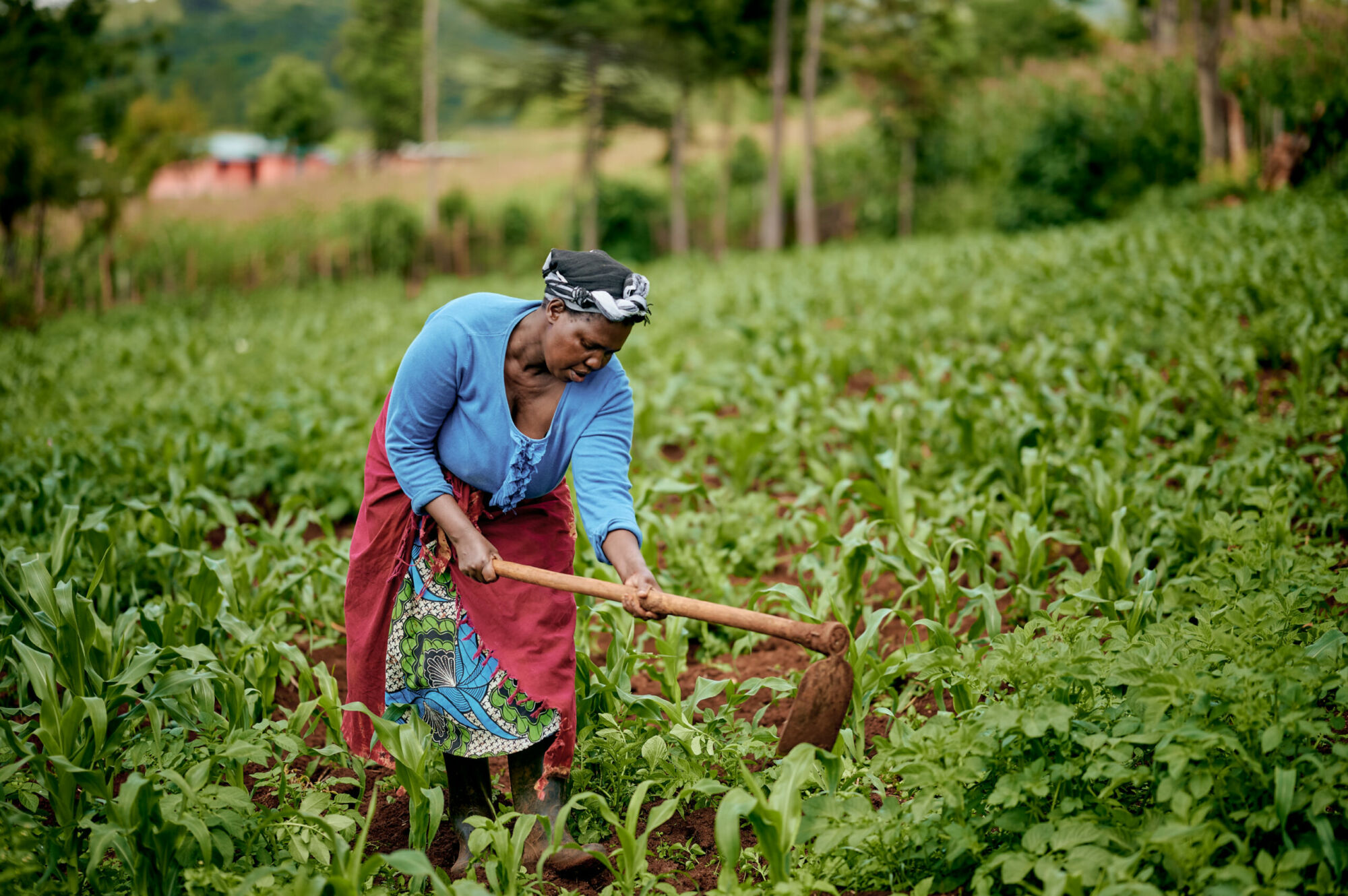As a way of addressing some of the challenges collectively, smallholder farmers have resorted to forming and running their own collectives in form of cooperatives and other farmer-based outfits.
The cooperative sector is considered a lifeline for many women, men, and young people because of the concept of pooling resources. While these farmer-based organisations have weathered some challenges through value-chain approach to production, there are still outstanding challenges.
Some of the current challenges are lack of suitable financial products, high cost of inputs, unfavorable agricultural and financing policies, lack of knowledge in farming as a business, negative perception of farming by members, weak management and governance and issues of climate change. These are but just a few.
Access to affordable financial services for smallholder farmer-based producer cooperatives and farmer associations is a major constraint to achieving rural development strategies and the Sustainable Development Goals (SDGs) targets. There is a reluctance by financial institutions to extend lending to the agriculture sector and farmer-based organisations (FBOs). Farming is perceived as risky. This affects women more than men because collateral mostly land is usually required to access financial services (credit), which women do not have.

Acknowledging the multiplicity of challenges faced by farmer-based organisations, there is an opportunity to focus on addressing capacity weaknesses and potentials of the organisations. In addition, government and development agencies can support financial institutions to enable them to take higher risks, thereby supporting smallholder farmers and their organisations.
It is not all gloom. Some organisations have embraced innovative approaches which are geared towards catalysing lending to agriculture.
The initiative on innovative financing for improved livelihoods combines a loan guarantee facility with capacity-building initiatives. It aims at strengthening the capacity of farmer-based organisations by making commercial loans accessible. In addition, these approaches are also supporting institutional capacity development of weaker organisations so that they can access loans for production. All these are essentially geared towards efficient value chains and farming as a business.
The targeted capacity-building initiatives empower farmer-based organisations to address a specific capacity gap in their value chains. With this, they could then meet a threshold for engagement as set by a financial service provider. Ultimately this will enable better access to financial services by FBO and its members for improved livelihoods of members.
Effective financial inclusion to address increased productivity, market access, employment among others calls for partnerships/collaborations between financial institutions, farmer-based organisations (FBOs) and rural-based cooperatives. With this, agricultural-based economies will attract the much-needed participation of women and young people across rural areas.
We know that access to financial services alone does not solve all problems, but a stable and long-term relationship with financial institutions is central to any business development, not least for farmer-based organisations.
